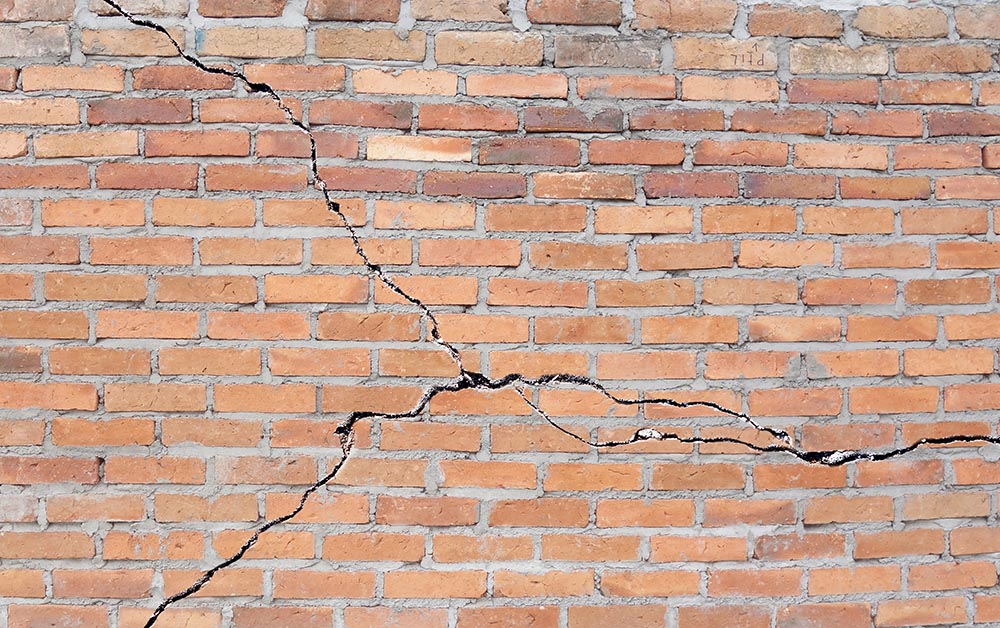All houses will experience some settling. So, while you can’t prevent your foundation from settling, you can certainly take measures to control how much it will settle.
The contractors who build your foundation build it knowing there will be a bit of settlement. This allowance makes sure that your home doesn’t get damaged when it happens.
However, too much settling can do damage to your home. But you can take steps to keep the settlement at a minimum. Foundation settlement happens when the soil under or around your foundation moves.
This means there is a space or gap left and your home and foundation have nothing to support it and it starts to shift or tilt. Other than poor construction, it is down to the moisture in the soil.
When soil is too wet, it swells and moves. When it gets dried out, it shrinks and moves. A certain amount will get taken by the wind. There may be animals digging and burrowing, or your soil is heavy with clay.
Newer homes will experience settling more than older ones. A new one, the soil needs to get used to being moved and make space for the new foundation. Settling can also occur from tree roots growing under your foundation.
Ways To Stop Foundation Settling
The weather can take a toll on your foundation. It’s a good idea to have your foundation inspected in the spring and fall. In the colder months, the snow and ice melts, then freezes again.
The moisture gets into the cracks, soaks in underneath and around your foundation. When it freezes again, it can do quite a bit of damage to the foundation.
The excessive moisture in the spring and summer can also make the foundation swell and then shift slightly when wet, and once again when it dries out.
If you have large trees close to the house, they can not only absorb water but can also break the foundation.
Plants and flowers close to the house can make the ground too damp. Get the land to drain away from the house, if possible, and your yard should slope slightly away from the house.
The type of soil you have will also play a part in the amount your foundation settles. If your soil has a lot of clay or is very hard, it will make a difference in how it reacts with the foundation.
Adding mulch or topsoil around the base of your foundation will make sure the soil. It needs to be packed down solid.
Get your gutters cleaned regularly to keep excessive amounts of rainwater from soaking into the ground at the base of your house. Keep a rain barrel to catch the water, or get the drainage pipes to expel the water down the yard and away from the home.
Keep your yard and garden watered in the hot dry months. The plants and trees will absorb a lot of the moisture, which will dry out the soil beneath.
Watch for cracks or crumbling in your foundation. Keep an eye out for damp patches in the basement, in your crawl space, or in the cracks.
Watch for windows and doors that no longer close properly, gaps between door and window frames, and tilted floors.
Get Expert Advice
If your home is settling or you think there may be some damage to your foundation, we can let you know if there is a problem. We have made foundations better since 1986. Here at Olson Foundation Repair, we go the extra mile for all our customers.

